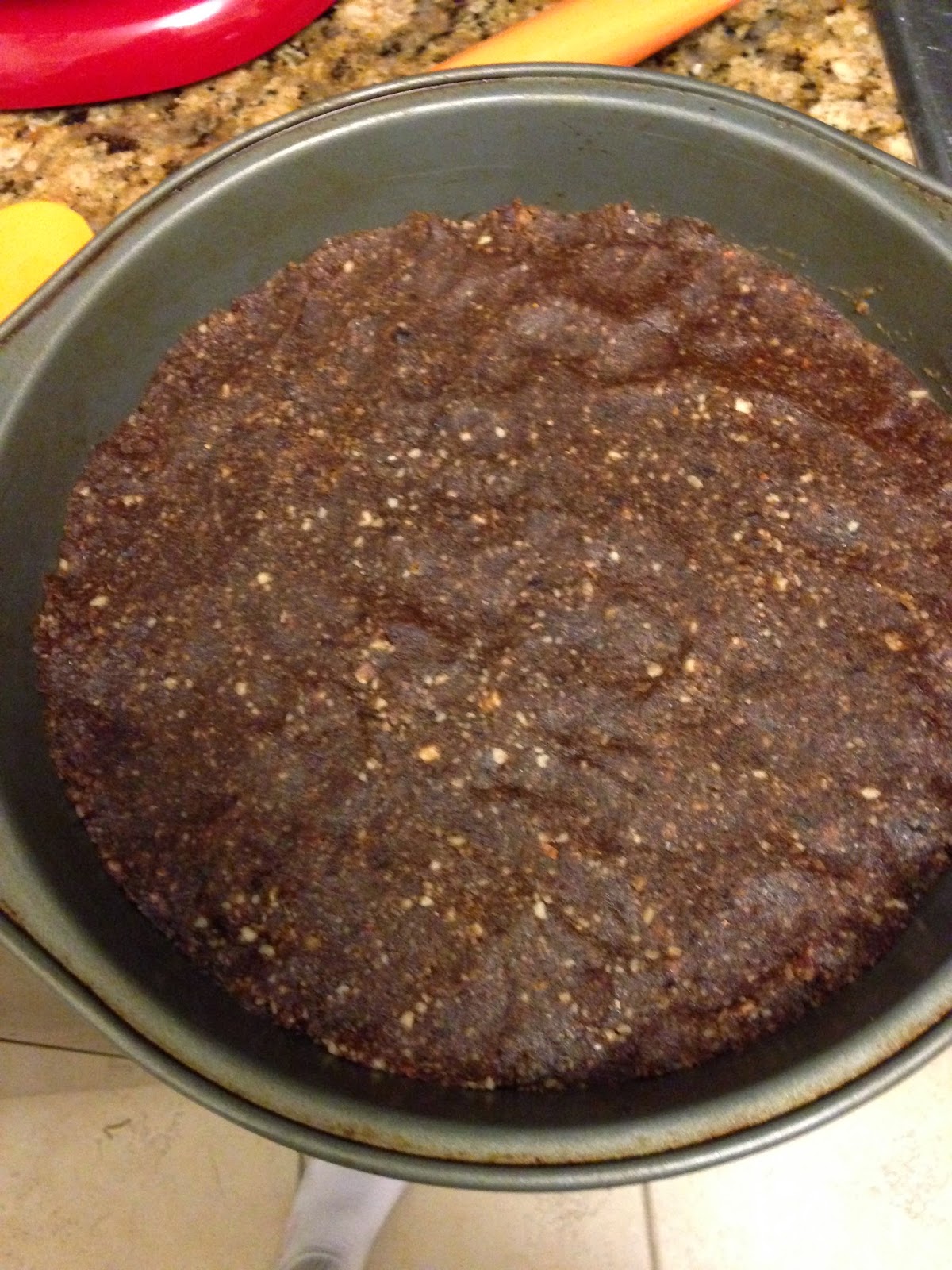A funny thing happened to me at a party a few weeks ago. I ran
into an old colleague from Western and started chatting about how I had a great
school year and was ready to be finished studying for exams. He commented to me
“oh that must be great to be done school forever now and start working” when I
gave him a rather confused look, he replied “well naturopath school is only a
year right?” I sighed, once again at the lack of understanding of what our
profession is. This post has been long coming and I felt it was time to dispel
some of the myths and misinformation surrounding our profession and what we do.
According to the Canadian College of Naturopathic Medicine
website, naturopathy is a system of primary health care that promote wellness
and prevention of illness or disease. We are highly-educated primary care
providers and play an important role in integrative health care. Naturopathic
Doctors must undergo rigorous four years of postgraduate training. Several
science pre-requisites (physiology, biology, organic chemistry etc.), an
interview, essay, reference letters and strong application are needed for entry
into the program.
Let’s start with what we do. Instead of relying on drugs
that only suppress, rather than treat the condition, our focus is on finding
the root cause and restoring health within our patients. Naturopathic doctors
are unique in that we have several different tools in our toolbox and can use a
wide range of modalities including homeopathy, Asian medicine, botanical
medicine, physical medicine, clinical nutrition and lifestyle counseling to
treat our patients. Let’s break these modalities down a little.
Homeopathy works, admittedly we don’t know exactly how it
works, but it treats a wide range of ailments and can have profound effects on
the patient. Whenever you read bad press about naturopathy, 99.9% of the time
its talking about homeopathy and how its nothing more than a bunch of sugar
pills dissolved in water, an expensive placebo. The funny thing is that
homeopathy is only one of SIX modalities we learn at CCNM, and some practitioners
don’t even use homeopathy in their practice, whereas others use it almost
exclusively. So telling us we aren’t science based because of homeopathy is
like telling doctors they aren’t science based when they prescribe drugs where
the mechanism of action isn’t known (which is more common than you think) or a
placebo sugar pill to make their patients symptoms go away. I’ve learned to accept that I have no
idea what’s going on, but to be comfortable with the unknown. I plan to experiment
with homeopathy in the future as I learn more about it.
Asian medicine is based on patterns of diagnosis and it’s
pretty amazing to think that thousands of years ago they figured all this stuff
out without any real diagnostic tools. For example, Heart blood stagnation=
heart attack, and acupuncture points correspond well with sympathetic chain
ganglia on the back and other pressure and reflexive points on the body. I am a
huge fan of acupuncture for a variety of ailments, and learning to think in a
different way, and see patterns of disease in your patients can be a very
powerful tool.
Botanical medicine is also huge, many drugs come from herbs,
but since you can’t patent a herb, companies must manipulate the herb in order
to patent it and make money. However, many herbs are extremely powerful and can
have profound effects with very little side effects. I love that there are so
many herbs and tincture combinations available that can provide prevention and
treatment relief to patients without any of the nasty side effects or simply
suppressing symptoms (i.e. hydrocortisone cream for skin rashes). Think
d-mannose from cranberries for prevention of UTI, horse chestnut for varicose
veins, mullein for cough, slippery elm for acid reflux, the list goes on and
on!
Why did I choose to become a naturopath?
Mid-way through my master’s I began suffering from terrible
skin and digestive issues, there were days I didn’t want to leave my apartment
because both were so bad. I went to an allergist who prescribed me an extremely
strong skin cream containing an active ingredient used in cancer patients
(scary) and told me my digestive issues were because I ate too much fiber. When
I said I was interested in naturopathic medicine, he laughed and told me I was
too smart for that….
From here I visited my naturopath, where a huge clean up of
my diet, ruling out food sensitivities, supplementing with quality probiotics,
digestive enzymes and fish oil completely changed my life, giving me back control
over my body. I can’t thank my naturopath enough for listening to me and giving
me the courage to change and the power to listen to my body.
Not surprisingly, nutrition is a huge component of our
program, I don’t think there’s a one size fits all diet, however I think
everyone at some point in their lives could benefit from doing a detox and
elimination diet to determine what foods they are sensitive too. Even the
healthiest foods (certain nightshade vegetables and fruits) can be detrimental
in select individuals.
Naturopaths also use physical medicine, and lifestyle
counseling. I love the fact I get to spend an hour with my patients, listening
to their problems and helping guide them to solutions for both physical and
mental well-being. We are so privileged to get to know our patients on such a
personal level, and use different counseling techniques to help them heal themselves.
Okay I realize this post was long and bordered on a rant,
but does this help explain exactly what I am doing and learning for the next 3
years of my life?
And if you think it’s a walk in the park, think again. For
instance, Tuesday morning we have an Asian medicine practical where are exam
includes: learning over 40 different points, and anatomy of concern for those
organ channels, have to describe their actions in TCM theory (i.e. clear heat,
resolves dampness), and oh yah, stick needles in our classmates and try not to
hurt anyone while doing so. Then we go to immunology, where we learn about
every B and T cell side chain, along with all the autoimmune diseases and
hypersensitivity that ever existed and will soon have to learn all their drugs
in second year pharmacology. Sometimes I think naturopathy is harder than
allopathic medicine because we have to learn all the regular stuff, then on top
of that, all the naturopathic philosophy and values that make us who we are.
What can a naturopath help you with? There are many different
disorders and issues naturopaths treat. Digestive concerns, complementary
cancer care, sports medicine, fertility concerns, pediatrics, mental health
issues, autoimmune diseases, chronic conditions, the list goes on. Although we
cannot call ourselves a ‘specialist’ many naturopaths will specialize in a
certain area (cancer, digestion, family medicine etc) and it’s a good idea to
check out a clinic website ahead of time to get a feel of whether or not a
certain ND will be a good fit for your and is familiar with your health
concern. There’s not point speaking to a ND who specializes in musculoskeletal
health and athletic performance if you’re main concern is infertility.
If you’re thinking about making a change in your life for
the better, and want to get healthy for real, give me a shout and I would be
happy to recommend some good ND’s in the GTA to get you started!








.JPG)


.JPG)








